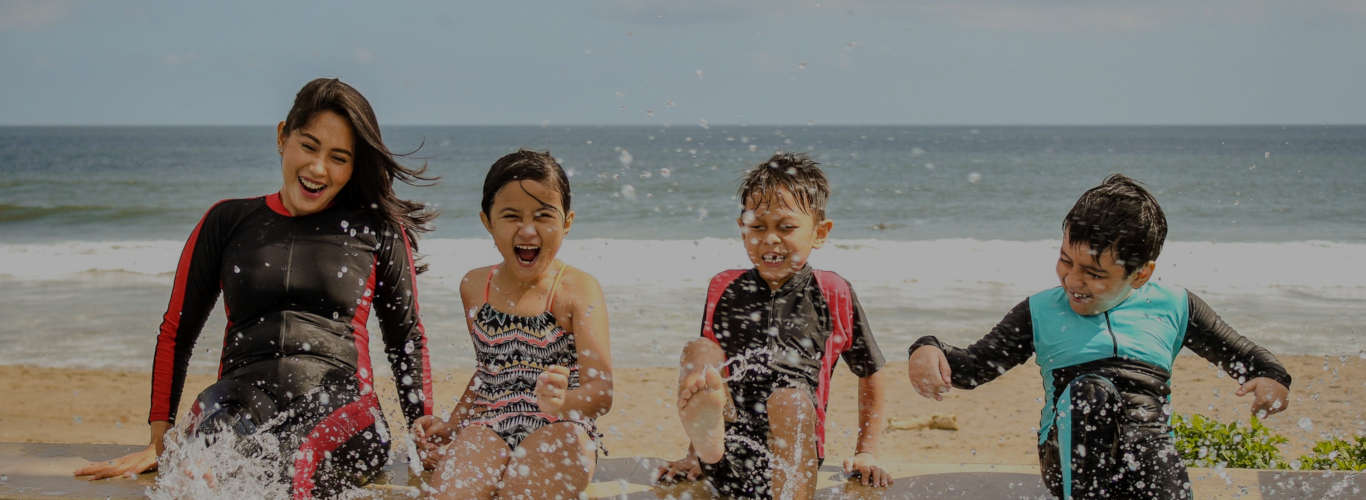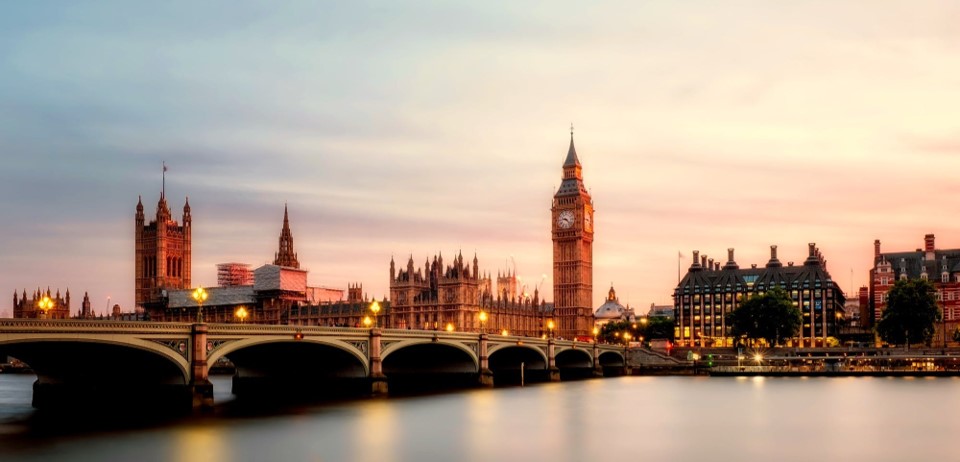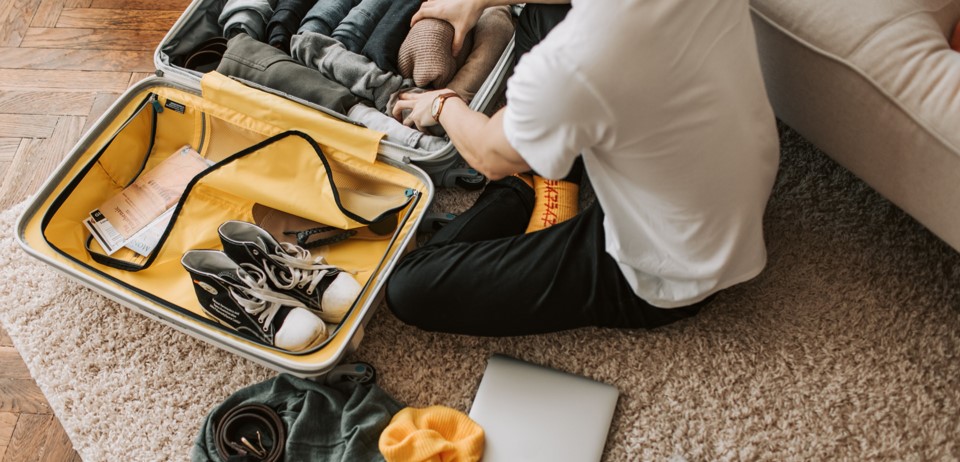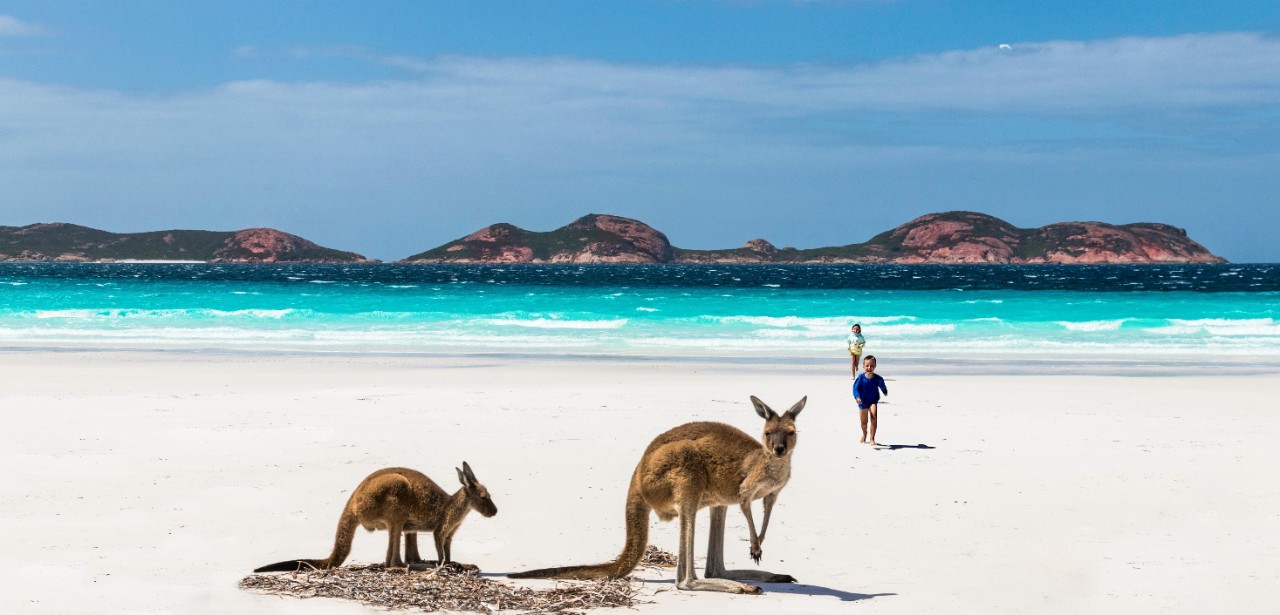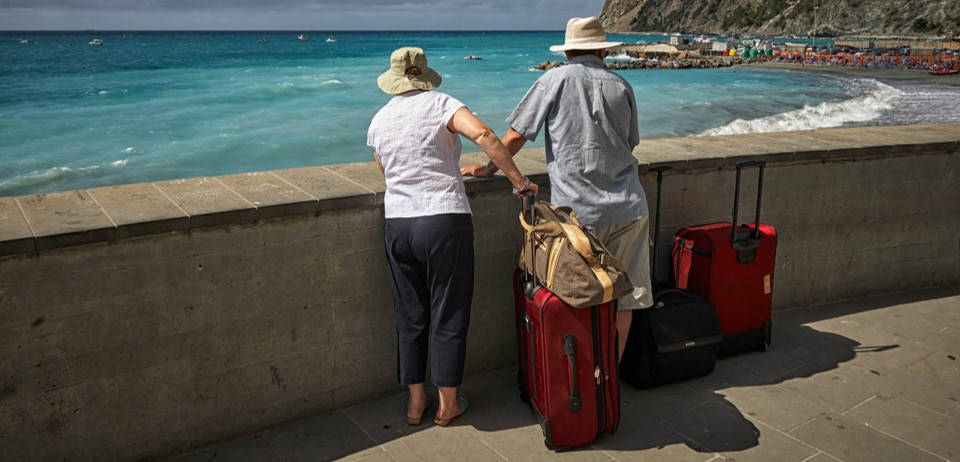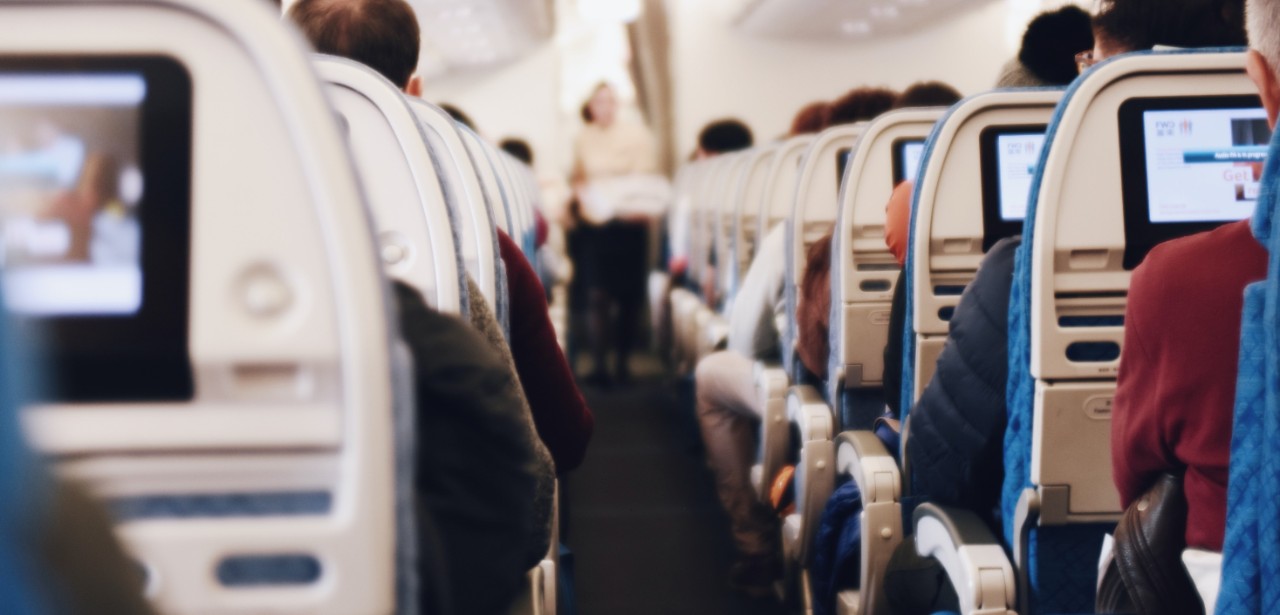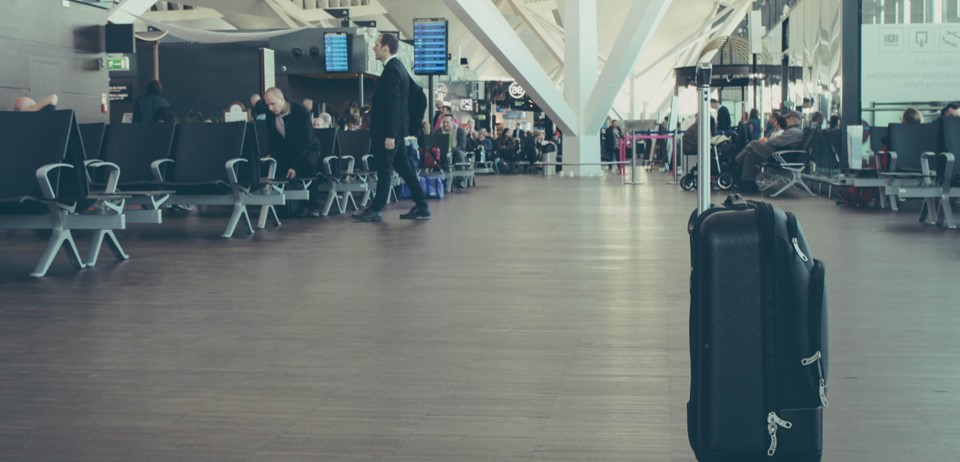Travel Insurance For France - What To Take Note of
4 Things To Consider Before Travelling To France

1. Visa Requirements
2. COVID-19 Advisory
As of March 14, 2022, the "vaccine pass" will no longer be required in France. The COVID certificate will also no longer be required as of 1 August 2022.
Following a recommendation from the Haute autorité de santé (French National Authority for Health) in the case of the emergence and circulation of a new COVID-19 variant, or in overseas territories where the health system is at risk of saturation, the government will be allowed to utilize "emergency brake" measures for a period of two months.
3. Travel Insurance
Although it is not mandatory to have travel insurance when you are in France, it is still recommended to get sufficient coverage. It is a small price to pay in comparison to your overall vacation costs and could save you from high bills or stress later on down the road.
So, before you leave home, make sure you get a travel insurance plan.
4. Accommodation
There is a wide range of accommodation options available in France, from bed & breakfast (B&B) accommodation, to boutique hotels, to hotel chains, to apartment rental, to vacation cottage rentals (if you are looking to stay in the French countryside).
If you're on a tight budget, then camping or staying in a hostel may be the best option for you.
Useful Information About The Country - France
France Guide
Information about France
Spring – March to May
Summer – June to August
Autumn – September to November
Winter – December to February
While Travelling In France:
1) Getting Around
There are a few different ways to get around France, depending on your budget and where you want to go.
If you're staying in one area, then the best option is probably to rent a car. This way, you'll have the freedom to explore at your own pace and make spontaneous detours if you find something interesting.
2) Road Safety
If you're driving in rural areas, it's a good idea to have a spare tire and some basic tools with you in case you have trouble. It's also a good idea to know the number of the local tow truck service.
When using a toll road in France, there are several ways you can pay for tolls. Drivers can pay for tolls by credit, debit card or cash (for manned toll roads). Across the country, most tolls are now automated and unmanned – however, on the larger, busier autoroutes, some continue to provide manned booths.
3) Healthcare in France
While vacationing in France, all British citizens who have a free European Health Insurance Card (EHIC) or Global Health Insurance Card (GHIC) will get coverage for medical treatments that may be needed at public healthcare centres or hospitals.
Having a GHIC or EHIC does not replace travel insurance, and you should have both before any trip. The card only covers certain medical costs, such as repatriation and urgent treatment, but not others like ongoing care or non-urgent procedures.
4) Activities In France
Because of the country's wide range of terrains, there's a sandy beach, river canyon, or snow-capped peak for everyone.
Hiking – With more than 200,000km of marked trails, France is a hiker’s paradise. The country boasts an impressive array of landscapes, from the eerie beauty of the Camargue to the craggy peaks of the Pyrenees.
Travel Insurance Catered to Different Needs
For one-off trips
Single trip plan is suitable for an occasional traveller or those who are looking for a short getaway
For family trips
Family plan provides cover for you and the members of your family who travel with you on your journey (maximum of 2 adults)
Help is just a phone call away
For 24/7 Emergency Assistance during your trip
Please call +65 6995 1118
For claims enquiries
Call: +65 6327 2215
Mon – Fri, 9:00 - 17:30 Singapore Time
e-mail: sg.travelhelp@allianz.com
For customer service
call: +65 6327 2210
Mon – Fri, 9:00 - 17:30 Singapore Time
e-mail: sg.travelhelp@allianz.com



